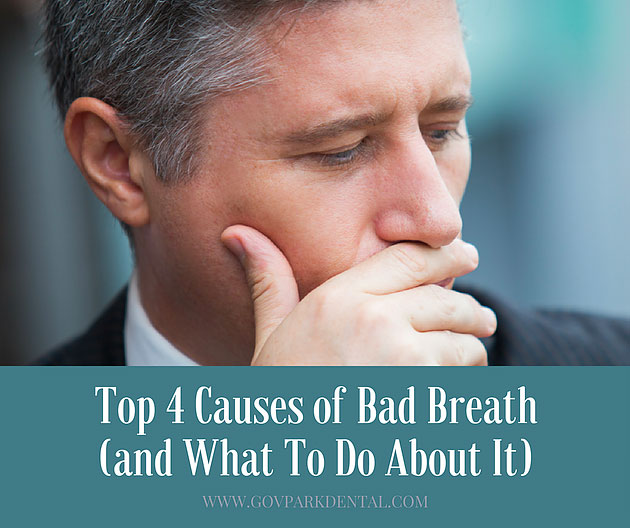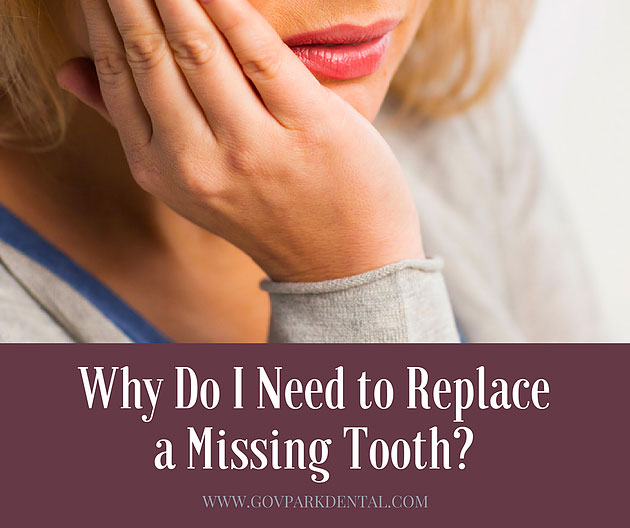Bad breath, or halitosis, is never a fun thing to deal with, especially around Valentine’s Day. Halitosis can make social situations uncomfortable and steal your confidence in a hurry. Let’s take a look at four common causes of bad breath:
Cause #1: Dry Mouth
Saliva is more important than most people give it credit for. It helps to keep our mouths clean by clearing away food particles. However, if you’re not producing enough saliva, food particles can get left behind in your mouth and cause unpleasant odors to form. Dry mouth can be caused by a number of things—medications and advancing age to start with. If you’re experiencing dry mouth, it may be responsible for halitosis. Speak to your dentist about what you can do to alleviate dry mouth symptoms.
Cause #2: Tobacco Use
Smoking cigarettes, cigars, and other tobacco products can leave a very distinctive, and very unpleasant, odor behind. Of course, they also increase the risk of oral and other cancers and can affect your health and the health of those around you. If you are using tobacco products and want to learn how to quit, ask your dentist to help you find smoking cessation support.
Cause #3: Certain Food Choices
Any remnants of food that stay in your mouth after you’ve eaten can cause bad breath to form because of bacterial growth. Some foods, such as garlic, onions, and pungent spices, can continue to affect your breath even as they’re being digested and moving through your body. If you find that certain foods seem to trigger bad breath, try eliminating them for awhile and see if there’s a change. If you struggle with bad breath after lunch, bring along a toothbrush, toothpaste, and floss and make a quick trip to use them in the bathroom before returning from your break.
Cause #4: Gum Disease and Other Health Conditions
Gum disease, or periodontal disease, can often cause persistent, unpleasant breath, in addition to a slew of other health risks such as increased risk of developing heart disease or diabetes. Other health conditions may also be responsible for halitosis, including respiratory infections, sinus inflammation, lung or throat inflammation, diabetes, and some diseases of the liver and kidneys. If you have bad breath that doesn’t improve with cessation of smoking, dietary changes, or increased attention to proper dental hygiene, it’s time to talk to your dentist or your doctor. Like many other symptoms, bad breath can be an indicator that something needs to be addressed.
To learn more, visit Dr. Terry Brewick and his team at https://www.govparkdental.com.
Dr. Brewick serves patients in the Governor’s Park neighborhood of Denver, CO.




